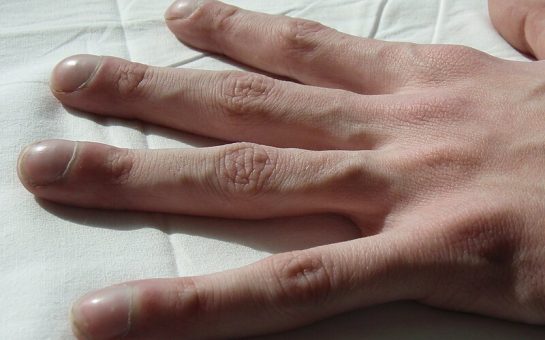In an era of ‘diagnosis by Google’, the interaction between lung cancer survival rates and online information is being explored by Manchester university researchers.
Lung cancer also has one of the lowest survival rates of any cancer, which experts believe is partly because people do not get treatment early enough, or recognise the symptoms.
Many rely on Googling their symptoms rather than seeking professional advice from the GP.
Now researchers from The University of Manchester are recruiting lung cancer patients from around the North West to take part in a study to look at the online information available in the hope of enabling people to catch it earlier.
Chief investigator Julia Mueller, based in the School of Nursing, Midwifery and Social Work at The University of Manchester – part of Manchester Cancer Research Centre, said: “Lung cancer survival rates remain very low compared to breast cancer and there is some evidence to suggest that patients wait too long before going to their doctor.
“The research will look at what health information systems people use after they are having symptoms and what influences their decision to see a doctor.
“We will also look at the information available when people google terms like nagging cough, tiredness, weight loss and how that influences their decision about whether to go and see a doctor.”
Lung cancer is the most common cause of cancer death in Greater Manchester, with around 930 men and 790 women dying from the disease every year.
It affects 41,000 people nationwide and is now the second most common form of cancer in both men and women.
Academics from both health sciences and computing will team up for the study, which aims to recruit 100 recently diagnosed patients from the North West to take part.
The results will be used to improve information about the disease available online and search engine optimisation for patients researching their lung cancer symptoms.
Ms Mueller added: “The results should help us to look at how people get to these websites and what search terms they are using so that we can make sure they are directed to useful sites.”
“Once we have this information from patients we plan to use it to create a smart recommender system based on an understanding of online behaviour of people with lung cancer, so that existing websites can be optimised and to help direct more people to the right information.”
If you were recently diagnosed with lung cancer and are interested in taking part in the study, please email[email protected] or see www.jnmueller.com/phd-study for further information.



